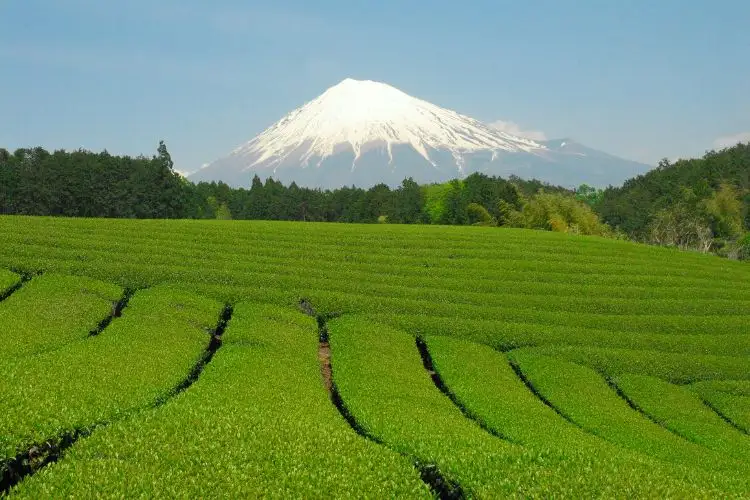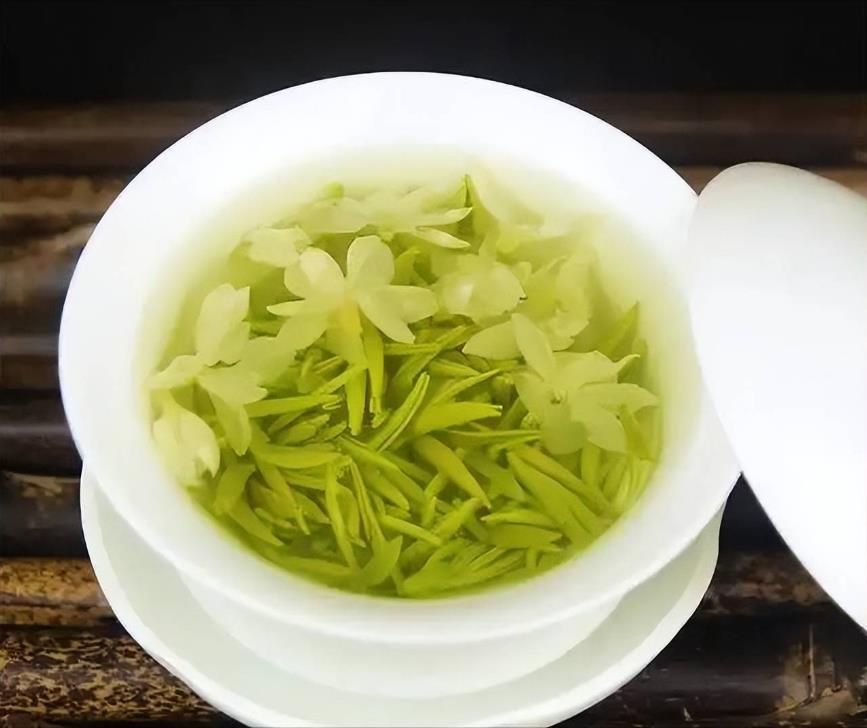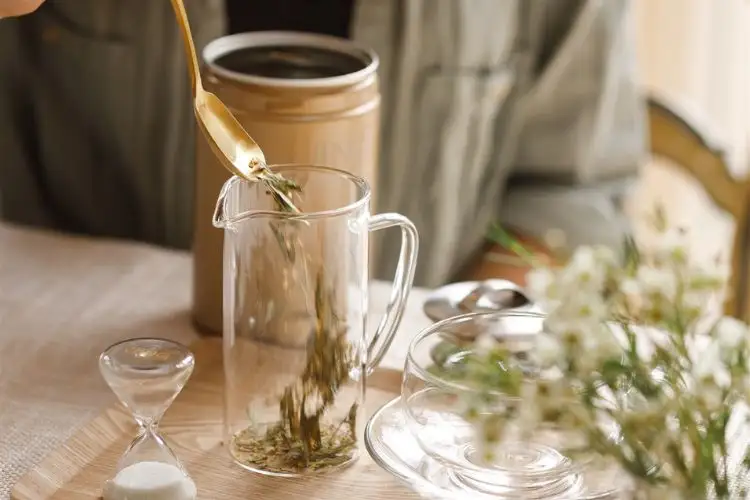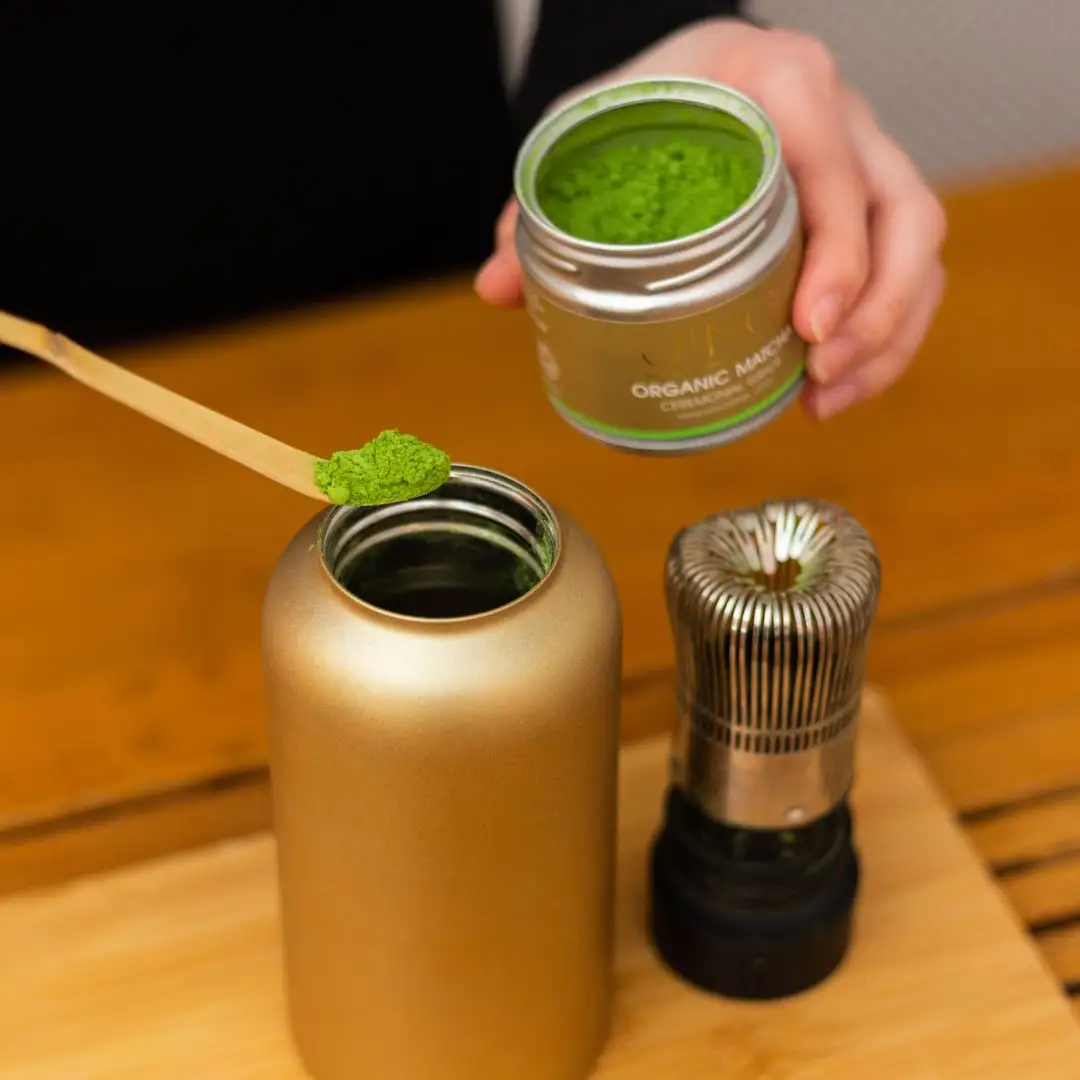Single Garden Tea is Exceptional
Here’s why you should try it
“When it comes to producing and consuming food and drink, we need to change our relationships with ourselves, each other and the environment.”
Willming founder Huang has been saying this for a long time. Seventeen years ago, he went to Asia and was introduced to something that showed him the way forward. “The tea culture there fulfilled everything I wanted to change about my own relationships with food and drink,” he says now.
Asian tea culture is built around single garden tea. “Single garden tea grabbed me instantly. It tasted delicious and everything around it was rich and connected. It was about enjoying what nature can offer. It was also healthy and good for me. And the more I drank, the more I got to know the amazing craftspeople and places that create it.”
What is single garden tea?
A single garden tea is a singular tea. You won’t find another one like it.
Single garden simply takes the concept of ‘single origin’ one step further. For a while now, single origin has been an excellent marker of quality for coffee, chocolate and, to some extent, tea. Single origin products are traceable to a particular place and showcase the taste of that place. Single garden dives a little deeper and seeks out the very best individual people and places within a single origin.
Think of single garden tea as the equivalent of choosing wine from an individual estate in France or a single malt whisky from your favourite Scottish distillery.

Why should you care?
We’ve got three big reasons.
1. Single garden teas wow the senses
The taste of tea is determined by who grows it and where. Each grower and garden is unique, so every tea is unique. If you blend lots of different teas together, you dilute the character of each and cover up that uniqueness. That’s why unblended, single garden teas have the most original and distinctive flavour profiles. (Side note: blending isn’t always bad. For example, our Assam Breakfast is a blend.)
Single garden teas celebrate individuality – of the people, cultures and natural resources that produce them.
They also celebrate clarity and purity of taste. The flavours are simply the flavours of the garden – carefully cultivated by its tea master. They’re as close as you can get to tasting the garden itself.
2. It’s a whole new world to explore
Single garden teas capture the true flavours of some of the planet’s most spectacular places. From misty mountains in China to vast rivers that begin high in the Himalayas and feed the growing regions of India, tea gardens are supported by some epic natural resources.
In China’s Fujian province, Wuyishan is a high mountainous area that was once volcanic. As well as the steep terrain, its ancient volcanoes gave it a rocky, sandy soil that’s high in minerals. Tea bushes grown here draw deeply on the soil’s minerals and nutrients. They have to: because water drains quickly on these slopes, their roots must go further. Tea masters use their local knowledge to produce teas that celebrate this unique minerality.
A single garden tea is a taste of nature – and a connection to it. A single garden tea is also a taste of the producer’s craftsmanship.
To the north-east of Wuyishan, Hangzhou is home to one of China’s most famous and revered green teas. The best Dragon Well teas have a distinct sweet taste of roasted chestnuts, alongside a grassy spring-fresh character and a thick, smooth, almost velvet-like feel in the mouth. Those chestnut flavours come from the unique style of pan-firing of the leaves after they’ve been picked.
 How to brew jasmine tea
How to brew jasmine tea
 How To Choose Quality Loose Le
How To Choose Quality Loose Le
 Single Garden Tea is Exception
Single Garden Tea is Exception
 Preparing Matcha Green Tea
Preparing Matcha Green Tea
